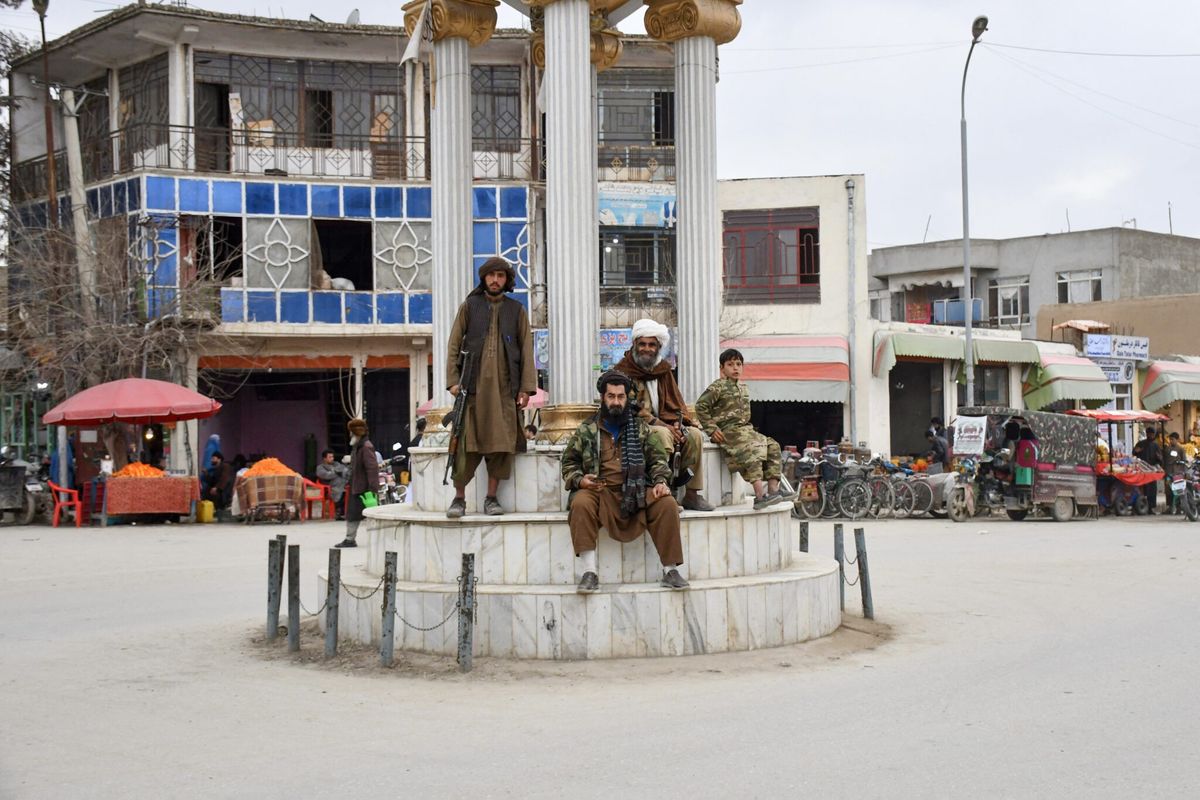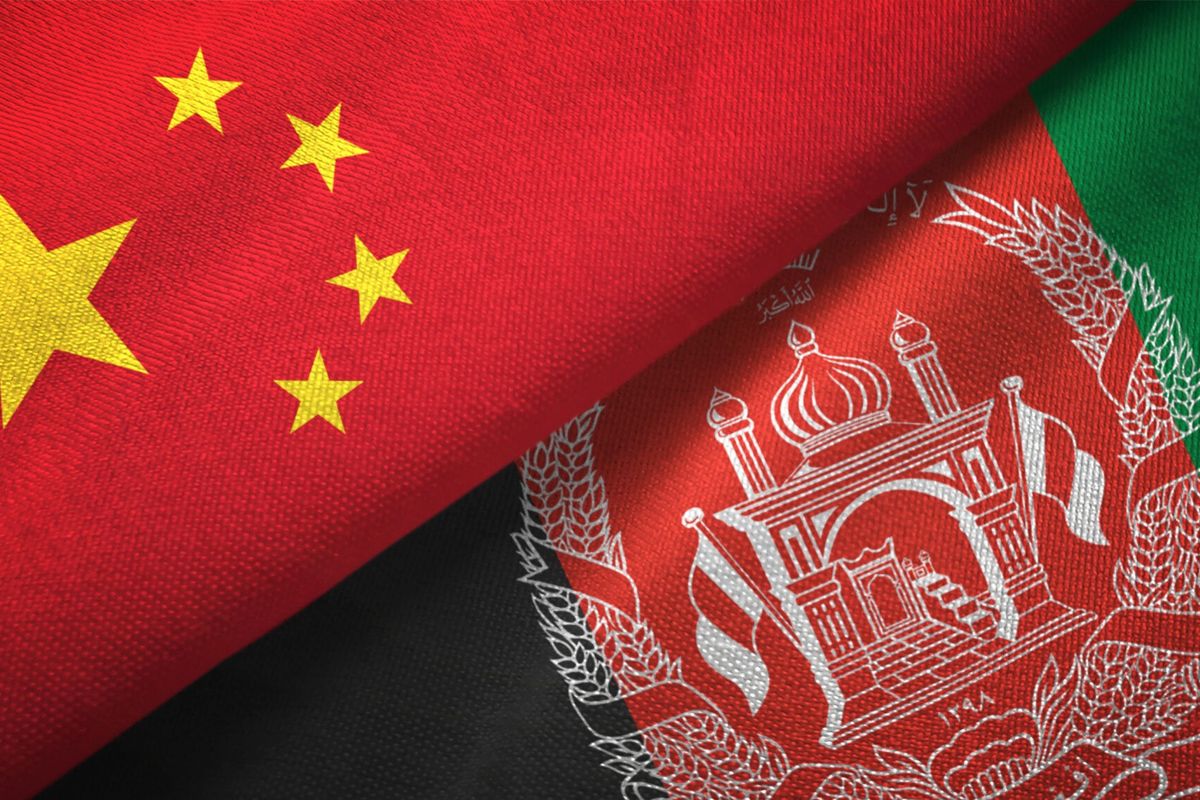Cipher Brief Expert Nick Fishwick CMG retired in 2012 after nearly thirty years in the British Foreign Service. He did postings in Lagos, Istanbul and Kabul. His responsibilities in London included director of security and, after returning from Afghanistan in 2007, director for counterterrorism. His final role was as director general for international operations.
OPINION — How are the allies reacting to the latest disasters in Afghanistan? I can only speak for Britain. We have a long history of sporadic and largely unsuccessful involvement in the country, going back at least to the early 19th century. We have lost over 450 military lives in Afghanistan since 2001 plus a number of civilians. Thousands of British people, myself included, served in Afghanistan in one role or another so, it may be worth looking at how this is playing over here.
Perhaps this background should make it less of a surprise that the British media and political classes having largely ignored Afghanistan at least since we ceased combat operations many years ago, are now obsessed with the place. Media coverage of the collapse of Afghanistan has been intense. Prime Minister Boris Johnson, enjoying a holiday somewhere or other, was forced to recall the British parliament from its summer recess and we have just witnessed a lively Parliamentary debate that gives insights into how people feel about the collapse of the Afghan state.
I would say this is crystallising into five sometimes overlapping schools of thought. First, those who say that the Afghan venture was never going to work. A second school says that our hands were tied by President Trump’s deal with the Taliban and President Biden’s decision to proceed with the withdrawal. We did the best we could. Thirdly, those who say on the contrary, that we failed to prepare properly for the withdrawal. Fourth, the argument that not all was going wrong in Afghanistan, and we should never have gone along with the withdrawal. Finally, some are starting to think through the broader implications for national security, for how this shambles will affect our country and the world we live in.
The British government has discreetly distanced itself from the US decision to withdraw. It is telling us that the US decided to fix a troop withdrawal date and stick to that date, come what may. Britain wanted a withdrawal based on conditions, not some arbitrary date. Still, the Americans decided and there was not much we could do about it. We are where we are and looking ahead, we have to do what we can to make sure the gains of the past twenty years are not lost. Taliban have been on a charm offensive, but they will be judged by their actions and not their words. What exactly the UK will do if these actions prove as terrible as we all expect, has not as yet, been explained.
The debate in Britain is heavily influenced by Afghan veterans. There was a brilliant, moving speech in the Parliamentary debate by Tom Tugendhat, the Conservative chair of the Foreign Affairs Committee, who served long and courageous spells in Afghanistan. There were further telling interventions by Johnny Mercer (Conservative) and Dan Jarvis (Labour), who also served in Afghanistan. Britons generally give a respectful hearing to ex-military people: they put their bodies on the line. And unlike most politicians they are straight-talkers.
Much of the debate here has been about the treatment of Afghans trying to get out of their country. There is a recognition that the UK has obligations especially to people who in some way or another helped us in Afghanistan. The debate is about how widely that recognition is applied. It has caught the imagination of the British public because of the shocking media coverage of recent events at Kabul airport, of people stuck in Afghanistan fearing for their lives. The iconic image is not of people getting into a helicopter on the top of the US Embassy but of bodies falling from US military planes.
From this, has followed the opposition Labour Party’s main line of attack: the government’s failure to prepare for the Taliban takeover. So, was the government not receiving reliable intelligence – or was it ignoring it? It had been clear since the Trump deal with the Taliban that the US was going to withdraw, so we had plenty of time to plan and prepare. How can anyone witnessing the scenes at Kabul airport possibly imagine that this is the result of careful preparation?
The Cipher Brief hosts private briefings with the world’s most experienced national and global security experts. Become a member today.
My reading of Labour’s attack on the government is that it’s about its poor handling of the withdrawal, rather than the fact of withdrawal itself. But many voices have challenged the withdrawal. Mr Tugendhat challenged President Biden’s decision: for the sake of a few thousand troops in non-combat roles – fewer than have been deployed in South Korea for decades – we are throwing away everything he and others fought for. He ended his speech powerfully: “This doesn’t need to be defeat. But at the moment, it damn well feels like it”.
Former Conservative minister Rory Stewart, an ex-diplomat who knows Afghanistan as well as any westerner, takes a similar line. Former Prime Minister Theresa May found it “incomprehensible and worrying” that the US, having decided to pull out, “the UK was not able to bring together an alternative alliance of countries” to maintain support for Afghanistan.
And we are starting to wake up to the broader reasons why pulling out of Afghanistan might not be the smartest idea. Everyone here is worried about the Taliban threat to women’s rights. I cannot overemphasise how commonly, as in the US and everywhere else in the west, this concern crops up in the UK– and no one has an answer to it.
Then there is terrorism: Britons were starting to treat it like last year’s problem but now it feels like next year’s too, with former MI5 boss Lady Manningham-Buller arguing that the Taliban success will be a shot in the arm for jihadists. And we are having to think through how the humiliating withdrawal will encourage others – in Beijing, Moscow, Tehran, and so on – who actively oppose our values.
It has been axiomatic in Britain for many years that there are no votes in foreign policy. Interesting then, that Mr Johnson has rarely looked more uncomfortable than under the barrage of criticism the Parliamentary debate has just fired at his administration. One suspects that even he worries whether he has really done the right thing here. Longer term, we are all going to have to think through the implications – for the transatlantic alliance, for NATO, for international terrorism, for hostile states, for our options if there is ever a 9/11 type event again.
Read more expert-driven national security insight, perspective and analysis in The Cipher Brief















